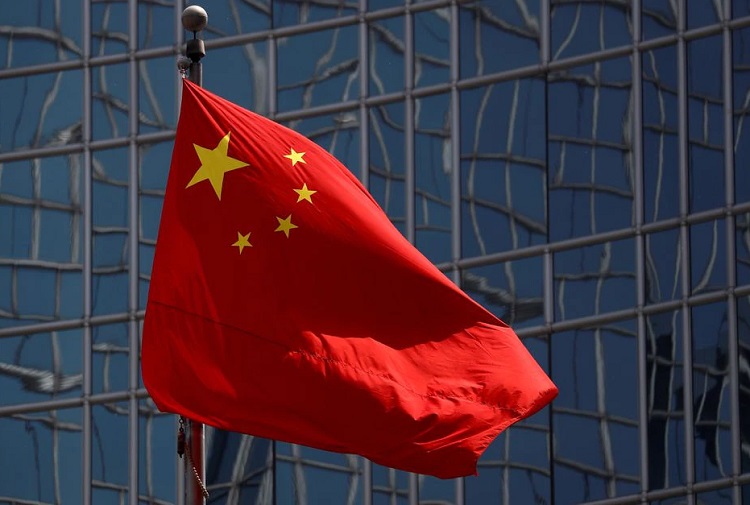The People’s Bank of China said Friday it would cut the reserve requirement ratio (RRR) by 50 basis points for all banks, effective from July 15.
The move is expected to release around 1 trillion yuan (or $154 billion) in long-term liquidity into the economy. So what are the things that you need to fathom before you can grasp what is actually intended or going to happen in a situation like this?
“China is Injecting $150 Billion Into the Economy”

“We think this broad-based RRR cut could boost market sentiment in the short term and improve stock market liquidity,” UBS analysts Lei Meng and Eric Lin said in a note on Monday.
“The RRR cut has, to some extent, added to equity investors’ concerns that the economic recovery in Q2-Q3 (this year) may not be as good as the market expected,” the UBS analysts wrote. “In our view, in the absence of a directional shift to monetary policy loosening, the additional liquidity will not drive a sustained market rally.”
The Chinese central bank’s move on Friday signals that the country acknowledges the risks to China’s growth, analysts said.
Separately, Eurasia Group analysts said: “The move, which is expected to inject 1 trillion yuan into the economy, is an acknowledgment of strong headwinds to corporate profitability, financial stability, and growth.”
The move “does not detract from PBOC’s ‘prudent’ monetary stance that’s done with emphatic easing,” said Vishnu Varathan, head of economics and strategy at Mizuho Bank in a note on Monday.
On Monday, when markets reopen, China plans to infuse $174 billion in liquidity.
As of now, 305 people have died from the virus, with 309 of those deaths occurring in China. In response, Chinese authorities have promised to utilise a variety of monetary policy measures to ensure liquidity remains reasonably adequate and to support enterprises affected by the pandemic.
China’s central bank, the People’s Bank of China, made the news in a statement released on Sunday, noting that the injection will increase banking system liquidity by 900 billion yuan compared to the same period in 2019.
















